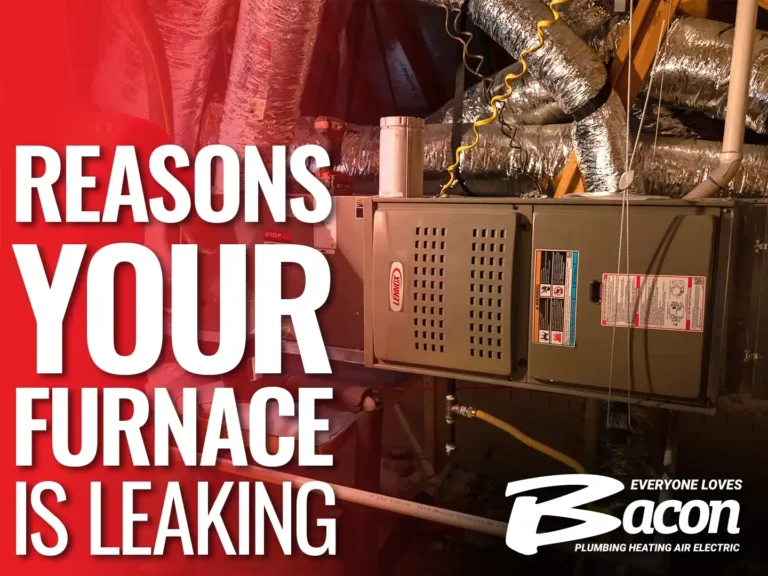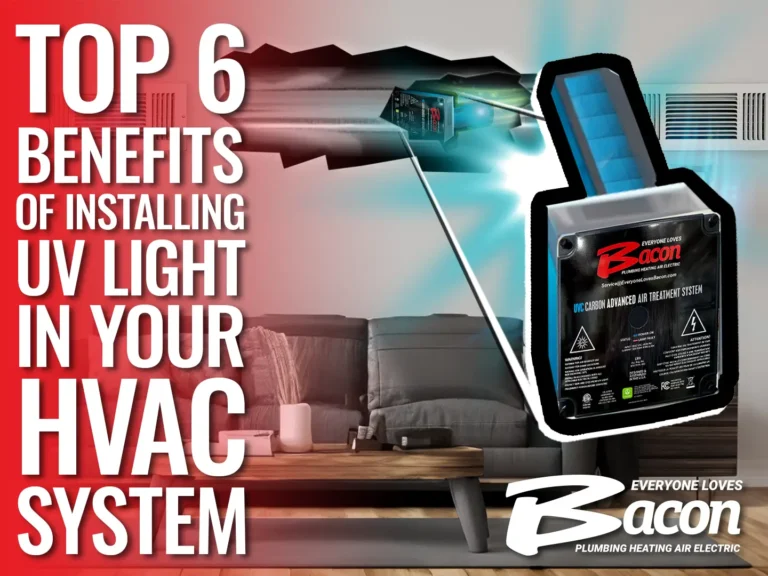Even though we don’t see very harsh winters here in Rockwall, TX, homes here still need reliable heating systems. However, due to their infrequent use, homeowners typically don’t always want to spend large sums upfront for a gas furnace and may opt for the less expensive electric furnace. Here’s everything you need to know about both options.
The Pros of Gas Furnaces
Gas furnaces remain popular for a variety of reasons. The most important among them is that natural gas is relatively cheap. That means homes that rely on gas furnaces for heat have some of the lowest energy bills around, bested only by homes with heat pumps. You can even install a backup power system to ensure that your gas furnace’s ignition system will work during a power outage.
You can also count on a gas furnace to heat your home faster than any other type of heating system. They’re capable of delivering large volumes of hot air, typically between 140- and 170 degrees Fahrenheit. They’re great on cold nights when you don’t want to wait long for your home to reach your desired temperature.
Another major upside to gas furnaces is their longevity. With proper maintenance, you can expect a gas furnace to last for between 15 and 20 years. That all but guarantees that you’ll get your money’s worth when you install a gas furnace in your home. Also, they tend to last as long as they do because gas furnaces depend on mature technologies since they’ve been a residential heating mainstay since the early 1900s.
The Cons of Gas Furnaces
Of course, gas furnaces aren’t perfect. One of their biggest downsides is that they’re more expensive to install than a comparable electric furnace. This is because they cost more upfront than electric furnaces do, and installing them takes significantly more time and effort. The same thing goes for ongoing maintenance. Gas furnaces depend on a combustion process, which can wear down their components faster than their electric counterparts. That means you’ll need more frequent maintenance appointments and potentially more expensive repairs during your gas furnace’s lifespan. Also, while the prices for natural gas are low now, this is a fluctuating market and the price, like the cost of fuel at the pump, can go up based on circumstances beyond your control.
Another downside associated with gas furnaces is that they produce carbon monoxide as a byproduct of their combustion process. While modern furnaces include safety devices meant to keep that carbon monoxide out of your home, they can and do happen occasionally. Carbon monoxide is a colorless, odorless gas that can be fatal to humans and animals in sufficient quantities. If you have any gas appliances in your home, there should be a carbon monoxide detector in the same room.
The Pros of Electric Furnaces
Electric furnaces are another popular option here in Rockwall. One big reason for that is that they’re among the least expensive types of heating systems you can install. Since heat is only needed occasionally here in this part of the country, their combination of low cost and high reliability is attractive to many on a budget. Plus, electric furnaces routinely last for up to 30 years and require far less maintenance than comparable gas furnaces do.
Another upside to electric furnaces is that they’re 100% efficient. They convert every watt of electricity they consume into usable heat for your home. By contrast, the average gas furnace is only around 80% efficient. Even the best gas furnaces on the market don’t exceed 98.5% efficiency, and they cost thousands of dollars more.
Electric furnaces are also safer to operate than gas furnaces. There’s no combustion process to worry about and no byproduct gasses, either. And since electric furnaces operate at lower temperatures than gas furnaces, they pose less of a fire risk, too.
The Cons of Electric Furnaces
Electric furnaces do come with significant advantages. One of them is that a power outage means you’ll have no heat until power returns. There’s no easy way to provide backup power to an electric furnace since its electrical needs are so great. That is unless you install a whole-home backup generator, which would likely run on natural gas, ironically enough.
The other major downside to electric furnaces is that they can be very expensive to run. Even with their perfect efficiency, the relatively high cost of electricity versus natural gas means your operating costs are guaranteed to swell compared to a gas furnace. According to the U.S. Energy Information Administration, homes with electric furnaces spend 2.5 times more, on average, than homes with gas furnaces each winter.
Electric furnaces also tend to produce much drier air than gas furnaces do. That can lead to some discomfort, especially for allergy sufferers or those with sensitive skin. In some cases, it could lead to the need for a humidifier to correct the problem, which would add to your installation costs.
Choosing Between the Two System Types
Since each heating option comes with benefits and drawbacks, there’s no right or wrong choice when it comes to which heating system you ultimately decide on. In general, your decision should come down to a few simple factors. One is whether or not your home has an existing natural gas supply. If it doesn’t, it can cost you a significant sum to add one. If you live in an area that is too rural, you may need to rely on a propane system instead of municipal gas lines. When you add that to the already higher cost of a gas furnace, it can be enough to tip the scales in favor of an electric model.
Another factor you should consider is how much you care about operating costs. During a mild winter, the extra costs associated with running an electric furnace may not affect your bottom line much. However, if we experience a cold snap, you could come to regret choosing an electric furnace when your electricity bills start coming in. Additionally, you may need to run your electric furnace for even longer the colder it gets since they operate at lower temperatures than gas furnaces.
The Gas and Electric Heating Specialists
Since 2011, Bacon Plumbing Heating Air Electric has offered residents in Rockwall a wide range of HVAC services. We sell and install the latest gas and electric furnaces, and have years of experience handling both. We offer HVAC installation, repair, and maintenance, as well as indoor air quality services, plumbing services, and electrical services. Our A+ rating with the Better Business Bureau shows our commitment to customer service. We even offer financing on approved credit if you need help affording the new heating system your home needs. When you need a new heating system for your Rockwall home, call our team at Bacon Plumbing Heating Air Electric today.



